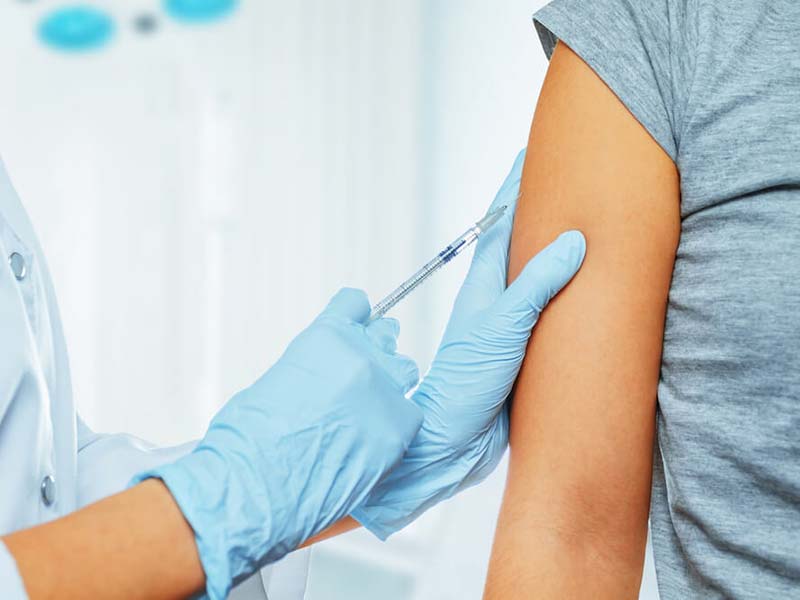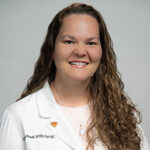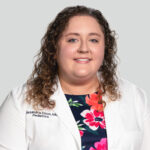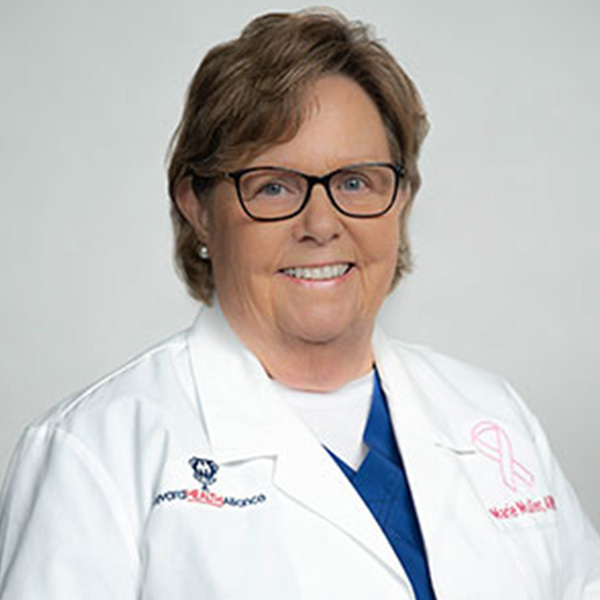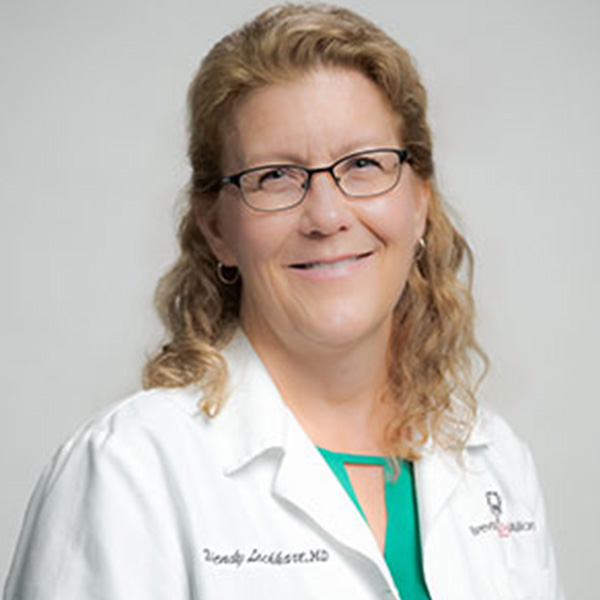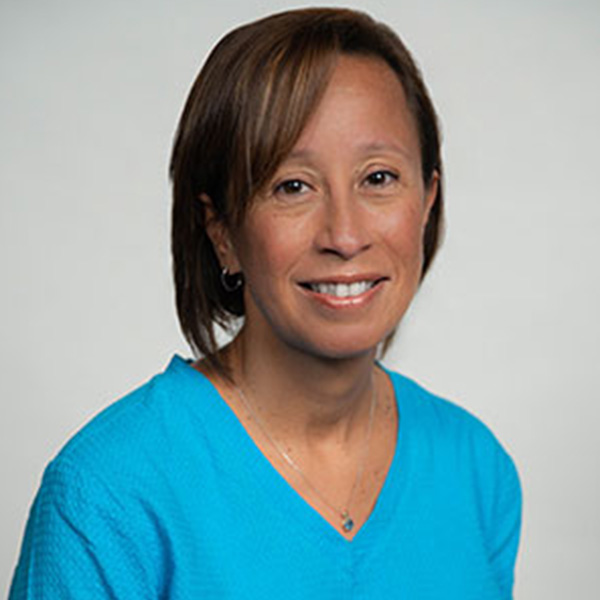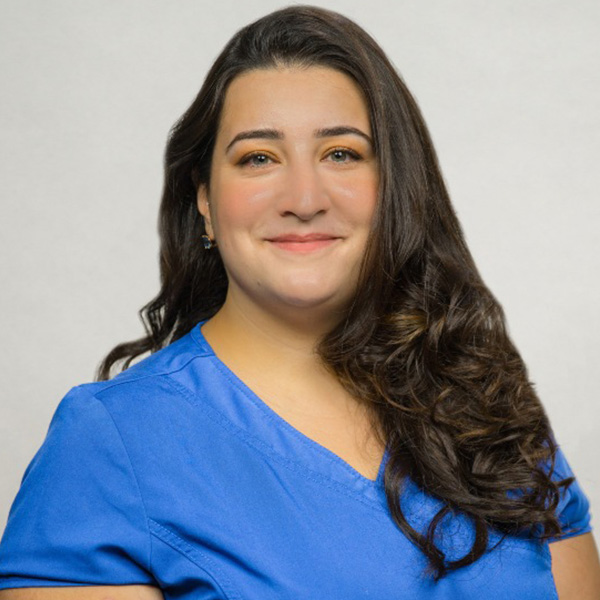August is National Immunization Awareness Month
The school year is picking back up and it’s an important time to think about what can be done to protect your child’s health. Schools, child care centers, and college dormitories are all susceptible to disease outbreaks – and no matter what stage your child is entering, it’s important to check their immunization records. Children can easily transmit illnesses to each other and when kids aren’t vaccinated, they’re at an increased risk for disease and can also spread diseases to others in their community.
There are varying vaccination requirements based on state, age, or school, but August is a great time to check with your child’s doctor to make sure your child is protected (and is protecting others). Here are some key things to think about during National Immunization Awareness Month:
Keep Your Child’s Vaccine Records Current
It’s best to follow the basic immunization schedule to provide your child with the greatest protection against disease from the time they’re born to when they go off to college. Keep these records up-to-date with your child’s school each time they get another dose of a vaccine. Remember that some kids at your child’s school or day care center may be too young for certain vaccines, making them more susceptible to diseases. Keeping your child’s vaccines current will help protect these younger classmates, those in your community with weakened immune systems, and others with a higher risk of disease. Teens and college-aged students are recommended to be revaccinated since certain childhood vaccines wear off over time. Also, as children get older, they’re at a great risk of contracting different diseases such as meningitis.
Many Vaccine-Preventable Diseases Can Easily Spread in School Settings
Schools are a hotspot for the transmission of vaccine-preventable diseases. Children are at risk of spreading diseases to their classmates, teachers, families, and others whom they come in contact with. Between January 1st and June 26th, 2015, 178 people in the US were reported with measles, a highly contagious disease. When one person has it, nine out of ten people within the area will also become infected if they’re not protected. A measles-infected person can spread the disease to others before even knowing they’ve contracted the disease, this can be up to four days before the measles rash even appears.
Vaccines Are a Safe and Cost Effective Way to Prevent Disease
Taking steps to protect your child from preventable diseases will help to keep them healthy and in school. When a child’s sick, it often takes some time before they can return back to class – and someone often needs to stay home from work to care for them. Checking your child’s immunization records now to schedule a visit before school starts will prevent your child from missing any required vaccinations or having to miss any school.
Immunizations Are Recommended Throughout Our Lives
Vaccinations shouldn’t stop after high school graduation. Young adults need vaccines too, especially when they’re headed to college. Remember that there are certain vaccines that are recommended throughout our lives depending on age, lifestyle, travel, occupation, medical conditions, and vaccination history.
Talk with your doctor about what vaccinations your child needs for the upcoming school year. Any checkup, sick visit, or sports physical is a great time to speak with your doctor about making sure your child is armed with the vaccinations to keep them healthy. At the Brevard Health Alliance, our doctors throughout the county will be able to speak with you and your family about what vaccinations your children should be getting for the new school year.
As Brevard County’s only Federally Qualified Health Center, we’re able to provide extensive primary health care services to residents throughout the county regardless of their ability to pay. We aim to improve the health status of those in Brevard who are medically underserved. Since 2005, we’ve provided medical service for over 88,900 Brevard County residents and continue to provide extraordinary service to those still in need. Currently, we operate a pediatric clinic Palm Bay, Malabar, Rockledge, Melbourne, and Titusville to help care for our little ones — especially as they begin to head back to school this month. To learn more about how Brevard Health Alliance can help your family, or to ask about our vaccination services, visit our website or contact us today.
